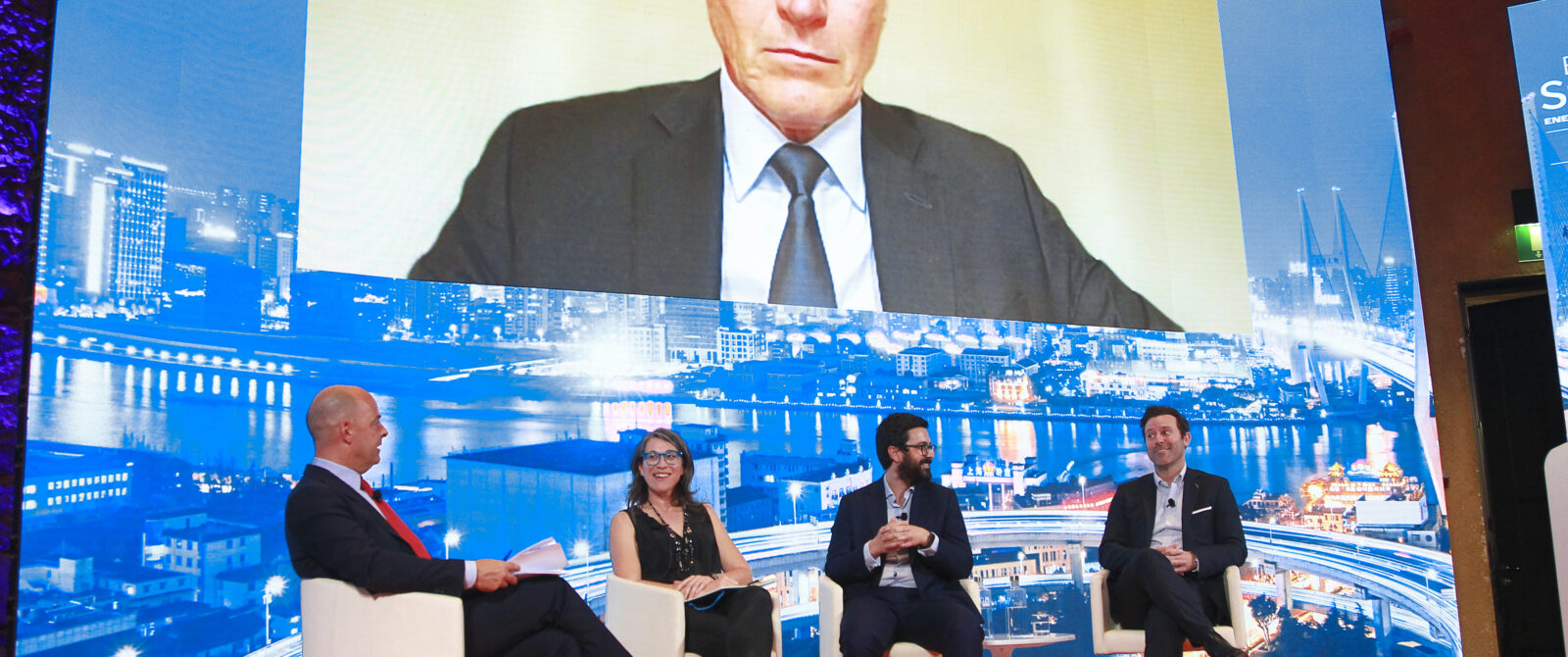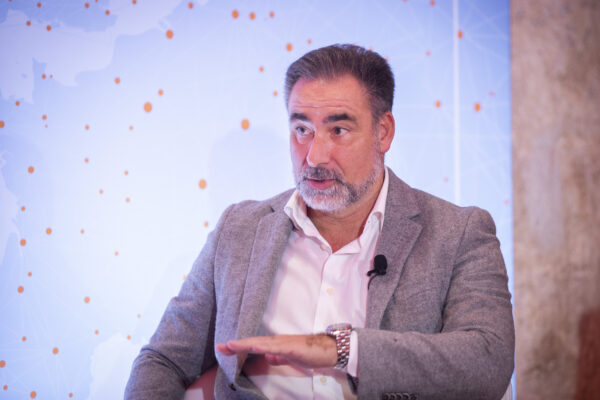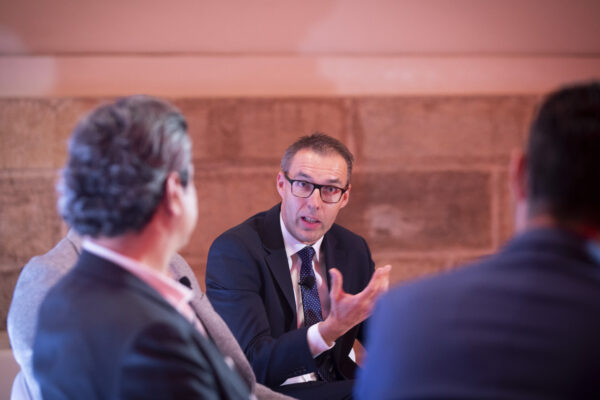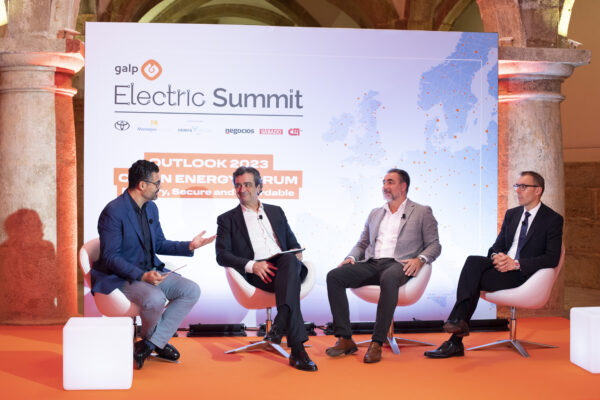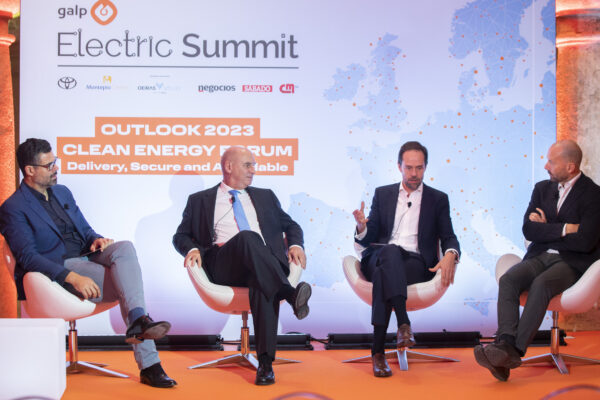Europe has to recreate a supply chain
The industry is moving particularly fast. Depending on the ecosystem, the whole supply chain could lie at a distance of 1,000 to 1,500 kilometres.
“It is essential to produce lithium with a very low carbon footprint so it becomes a useful element in the production of electric vehicles,” said David Archer, the CEO of Savannah Resources, who joined the “lithium battery value chain” discussion panel via video-link. This has been a key issue for this mineral exploration and development company, with the CEO announcing that they have been doing preliminary feasibility study test work, including metallurgical test work. “I think what we’ve been able to prove is that this is a project which enjoys very good characteristics from the point of view of being able to recover the lithium in economic quantities, providing a satisfactory return on investment.”
On the question of mining in Portugal, the Barroso Lithium Project which has been fully owned by Savannah since June 2019 holds the most significant deposit of lithium spodumene in western Europe. The company is awaiting the required approvals, which will be followed by completion of the engineering studies and construction work. Only then can commercial production begin, which David Archer said is scheduled for 2025.
Sofia Simões, a researcher at the LNEG – Laboratório Nacional de Energia e Geologia Research Unit, started her contribution to the panel saying that the competitiveness of a mining operation, particularly of lithium, is almost like the secret of the company’s business model. “And so it depends very much on that business model, on how the mineral will be mined, and of course, on the site’s geological characteristics.” She highlighted other factors, such as on-site mining costs, whether or not processing occurs on site, and transport costs. All of these factors determine whether lithium mining will be competitive in Portugal.
There are many negative externalities
According to Sofia Simões, there are many negative externalities, and she made the disclaimer that with regard to the environment there is no green energy. “It’s a shame, but there is no such thing. All of them have enormous environmental and social impacts. Europe, and Portugal in particular, is concerned about ensuring a sustainable and fair climate transition, which is why there is so much social dissent. It usually takes 10 to 15 years from the time we start talking about a mine to when its starts operations, including in Finland.” This, together with the aforementioned negative environmental and social externalities, leads to much dissent, and it is this ‘trade-off’ which needs to be managed. The researcher pleaded for more efforts to ensure better dialogue between all parties involved, namely the local populations.
Enrique Abad Perez, the head of New Business at Galp, joined the discussion saying that the whole issue needs to be seen from a global perspective. “Europe is going to be one of the major consumers of electric vehicles, with 20% of total sales globally. In other words, 10 million vehicles sales in 2030,” which is an enormous opportunity not only for Central Europe, where most of the developments are taking place, but for other parts of the continent such as Spain, France and even Portugal.
In answer to the question of which country is progressing the fastest, he pointed out that building an industry takes time and doesn’t happen overnight. “Germany should be the country moving into first place, since it is Europe’s largest car producer, but I can tell you that Spain, France and Italy are progressing quite quicky,” particularly as a result of recovery stimuli.
Indeed, the Galp executive reminds us that Iberia is the second largest car manufacturer in Europe, and has already announced electric vehicle production and gigafactories, namely in Spain. “The industry is moving in line with the ecosystem, and the whole supply chain could lie at a distance of 1,000 to 1,500 kilometres.”
Recreating the supply chain
Cristobal Moreno, the vice-president of Engineering & Development at Aurora – a joint venture set up by Galp and Northvolt to create opportunities tapping into the rapid growth of the battery value chain – stated that the biggest question is to understand how quickly progress can be made given the complexity of some of the issues, namely environmental, social and governance issues. “We are also looking at how to recreate the supply chain, which is something that is already in place in Asia, for example, but not in Europe”. Indeed, Cristobal Moreno believes that this is the major challenge which this mega industry is going to have to face, in order for Europe to remain competitive.


